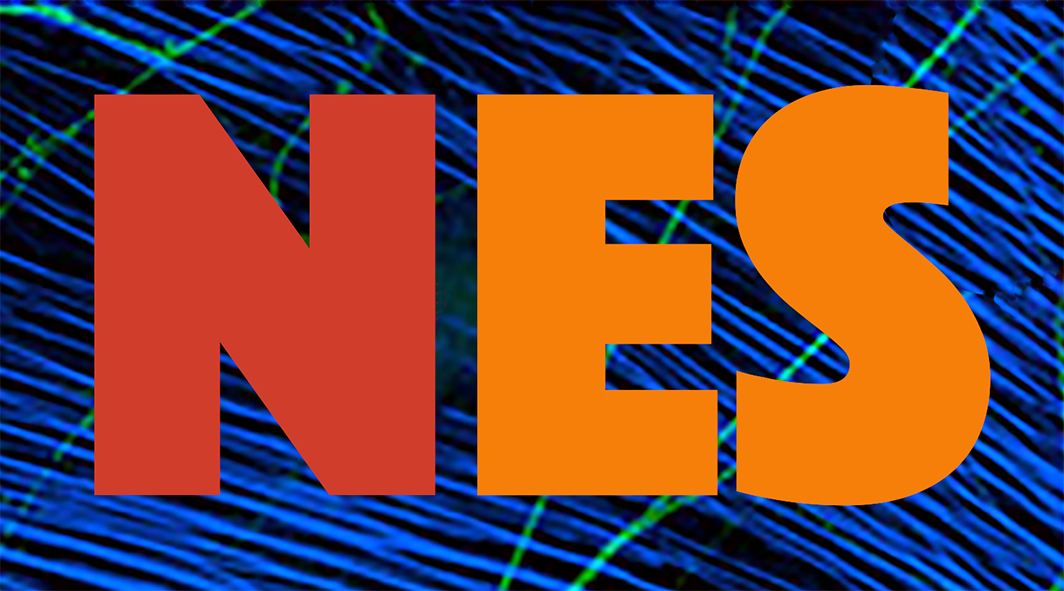
Modeling networks of spiking neurons as interacting processes with memory of variable length
Apr 15, 2016
Antonio Galves, Eva Löcherbach
We consider a new class of non Markovian processes with a countable number of interacting components, both in discrete and continuous time. Each component is represented by a point process indicating if it has a spike or not at a given time. The system evolves as follows. For each component, the rate (in continuous time) or the probability (in discrete time) of having a spike depends on the entire time evolution of the system since the last spike time of the component. In discrete time this class of systems extends in a non trivial way both Spitzer’s interacting particle systems, which are Markovian, and Rissanen’s stochastic chains with memory of variable length which have finite state space. In continuous time they can be seen as a kind of Rissanen’s variable length memory version of the class of self-exciting point processes which are also called “Hawkes processes”, however with infinitely many components. These features make this class a good candidate to describe the time evolution of networks of spiking neurons. In this article we present a critical reader’s guide to recent papers dealing with this class of models, both in discrete and in continuous time. We briefly sketch results concerning perfect simulation and existence issues, de-correlation between successive interspike intervals, the longtime behavior of finite systems and propagation of chaos in mean field systems.
The whole paper is available here.
Share on Twitter Share on Facebook| NeuroCineMat |
|---|
|
Featuring this week: |
| Newsletter |
|---|
|
Stay informed on our latest news! |
| Follow Us on Facebook |
|---|




